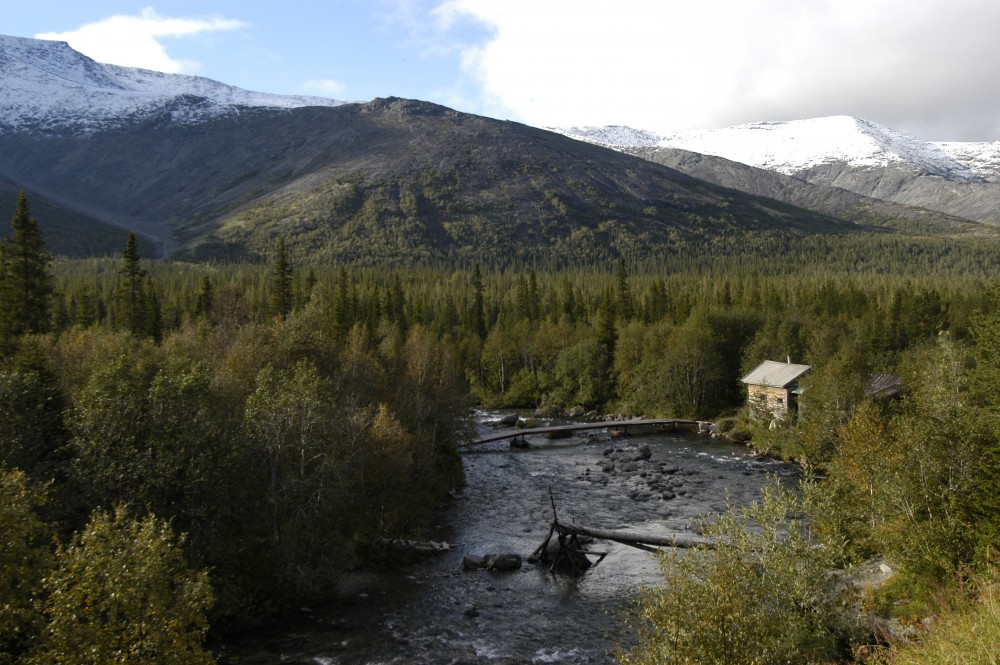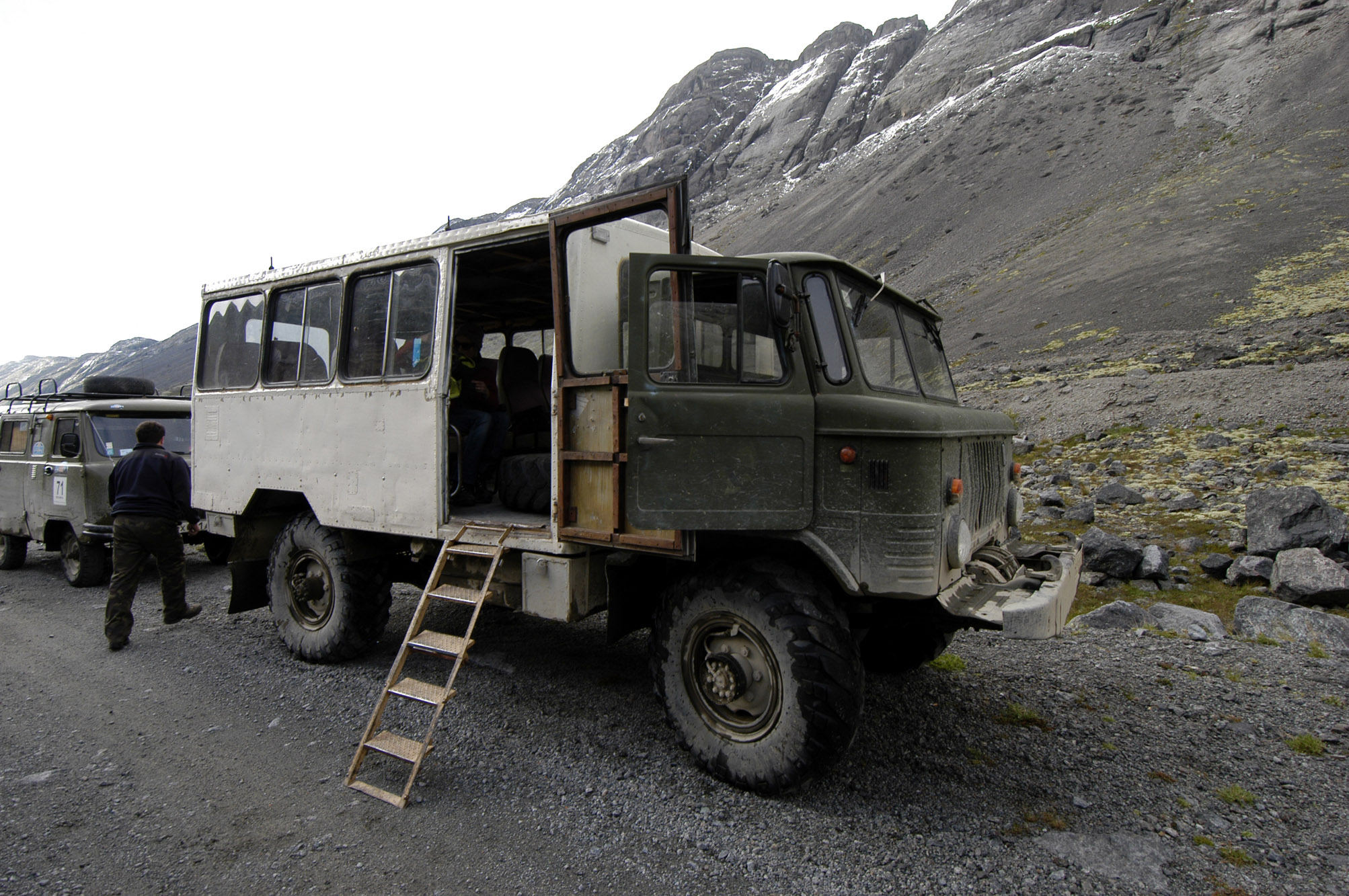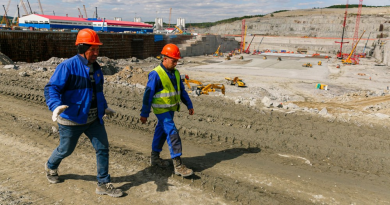Russia: A new national park on the Kola Peninsula

Russian Prime Minister Dmitry Medvedev signed Monday a decree protecting 840 square kilometers of the Khibiny mountains.
Environmental groups, like WWF Russia, have for years been lobbying creation of the Khibiny national park between the two towns of Lovozero and Kirovsk on the Kola Peninsula. Most of the area is forest and mountain massif.
Along with the creation of a national park Baikal territory the Khibiny national park is now official, the transcript from Dmitry Medvedev’s meeting with vice-premiers on Monday informs.
«The purpose of creating a national park is to preserve the natural complexes of the mountain tundra and northerns taiga of the Khibiny- and Lovozero mountain ranges of the western part of the Kola Peninsula, which are of great ecological, scientific and recreational significance,» the Russian Governmental decree reads.

With the national park, 840 km2 of the 1,300 km2 Khibiny massif is protected. The massif have the highest mountains on the Kola Peninsula with an average elevation of about 1,100 meters.
Parts of the area now protected are of importance for the reindeer herders and Sámi people that are hunting and fishing.
“Finally a secured status”
Aleksandr Khloponin, deputy prime minister, assured at the meeting with Dmitry Medvedev that Sámi people’s economic activities in the area shall continue, preserving their traditions and culture.
Oleg Sutkaitis, Director of WWF Russia’s Barents Office welcomes the decision.
«We are glad that 101 years after the idea of creating a national park in the Khibiny was first voiced, this territory finally gets a secured status,» Sutkaitis says.
WWF Russia has worked with partner organizations and regional Murmansk Government on the issue for many years.
A difficult task has been negotiations with mining companies operating in the area. The final boundaries of the park covers an area on third of what WWF originally hoped for.
Related stories from around the North:
Canada: Wood Buffalo National Park in northern Canada listed among threatened World Heritage Sites, Radio Canada International
Finland: Forest protection well below target in Finland, despite UN obligations, Yle News
Norway: Deal protects Arctic waters around Svalbard, Norway from fishing, The Independent Barents Observer
Russia: Russian General Prosecutor targets polluters in the Arctic, The Independent Barents Observer
Sweden: Preserving biodiversity in Sweden’s shrinking natural forests, Radio Sweden
United States: Environmentalists sue over Alaska wildlife refuge road plan, Alaska Public Media



